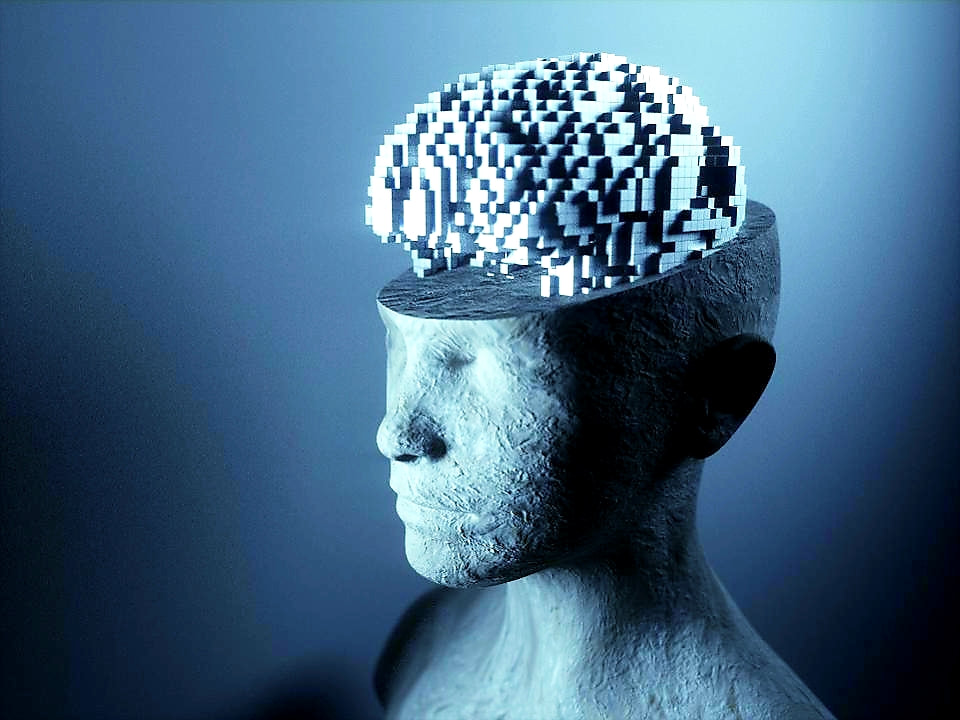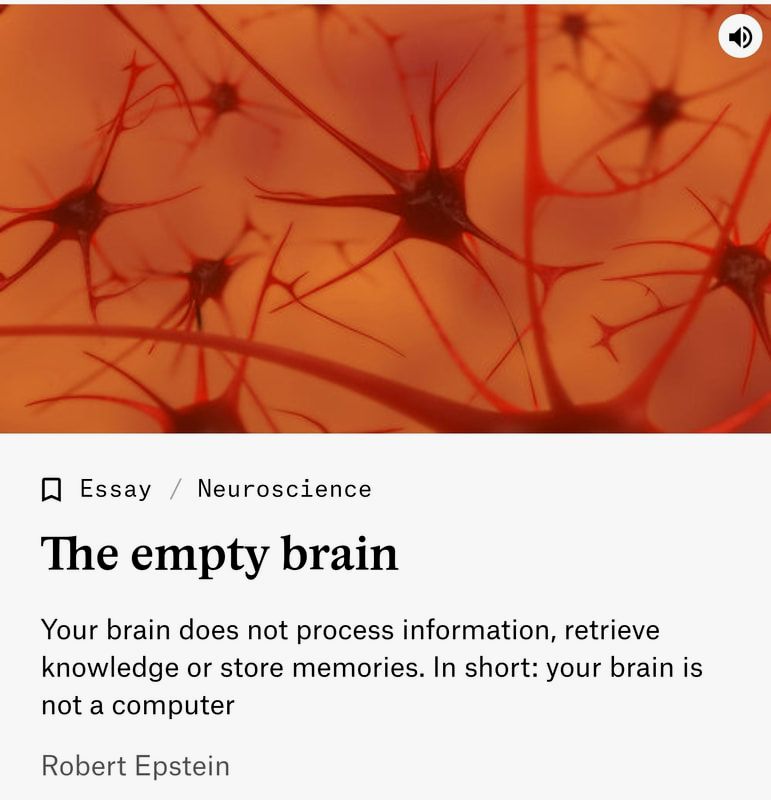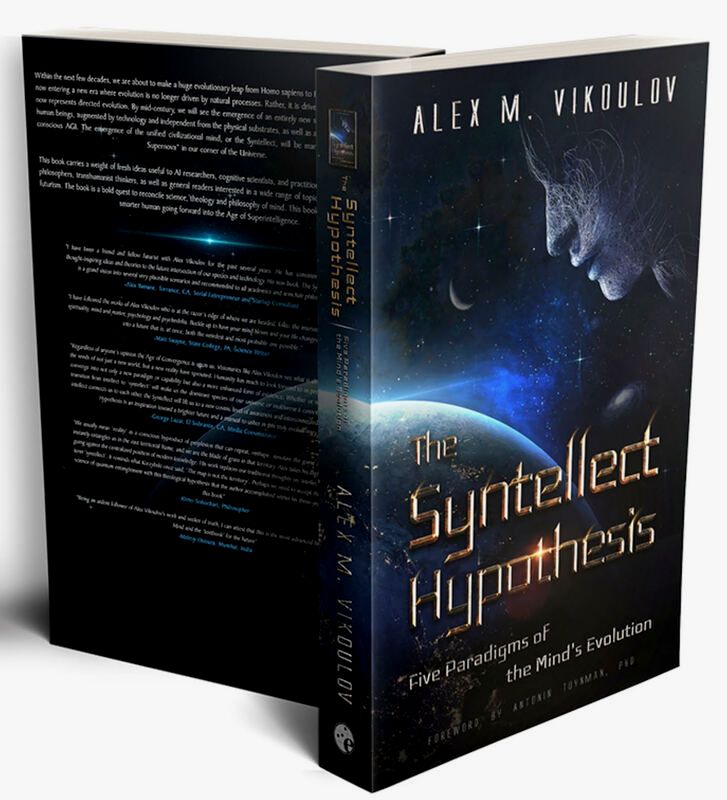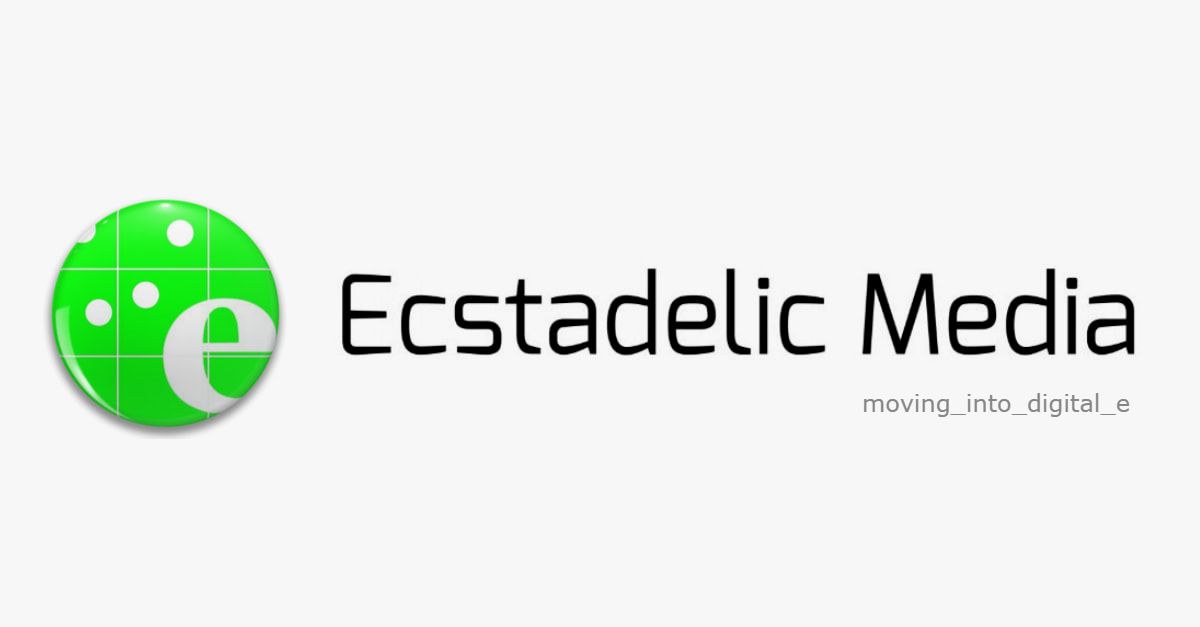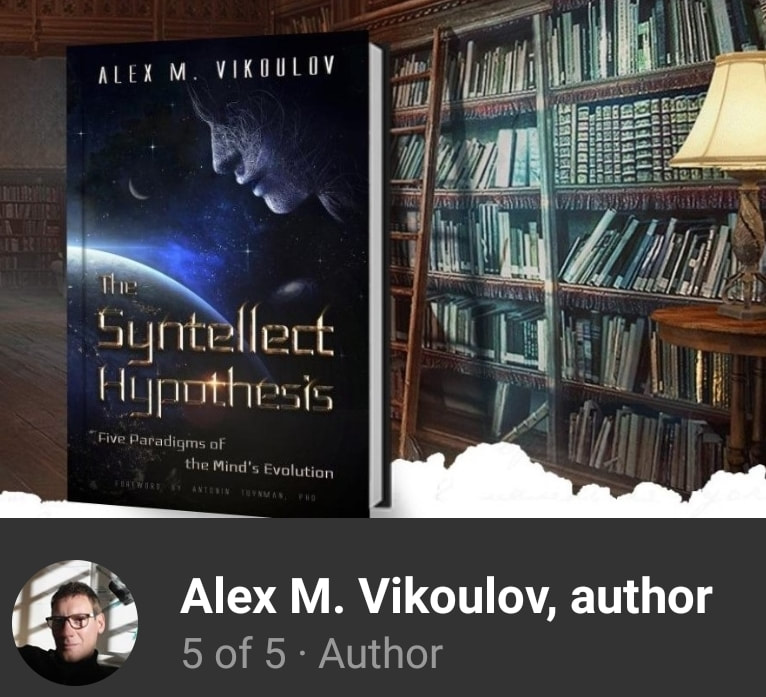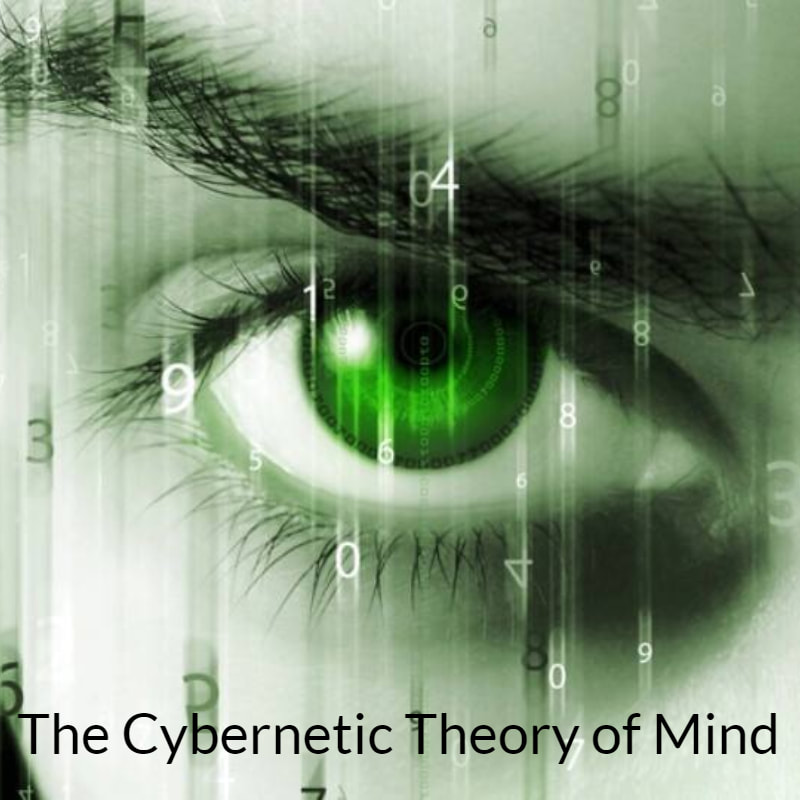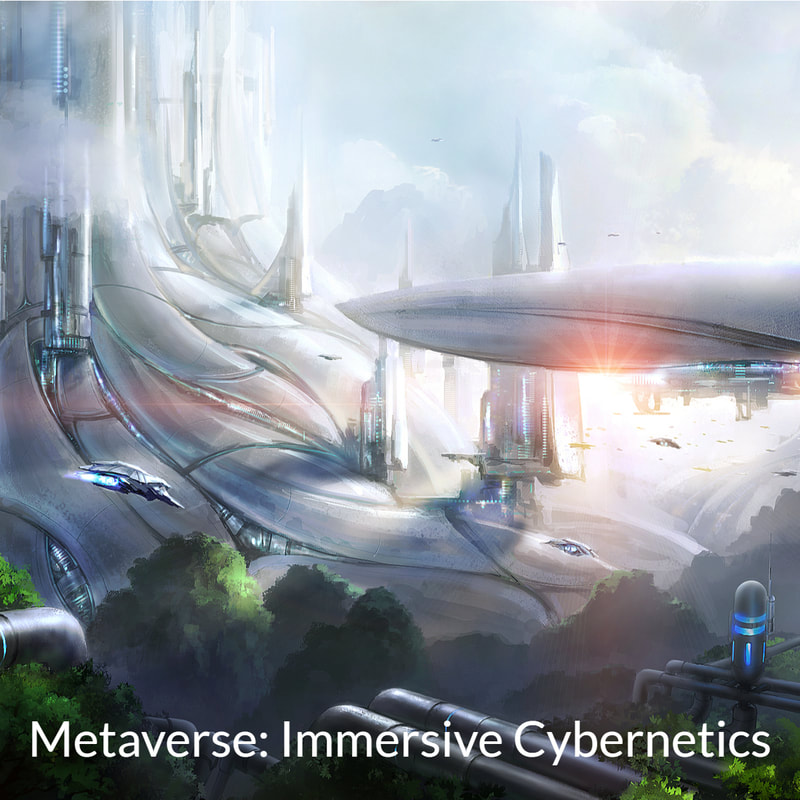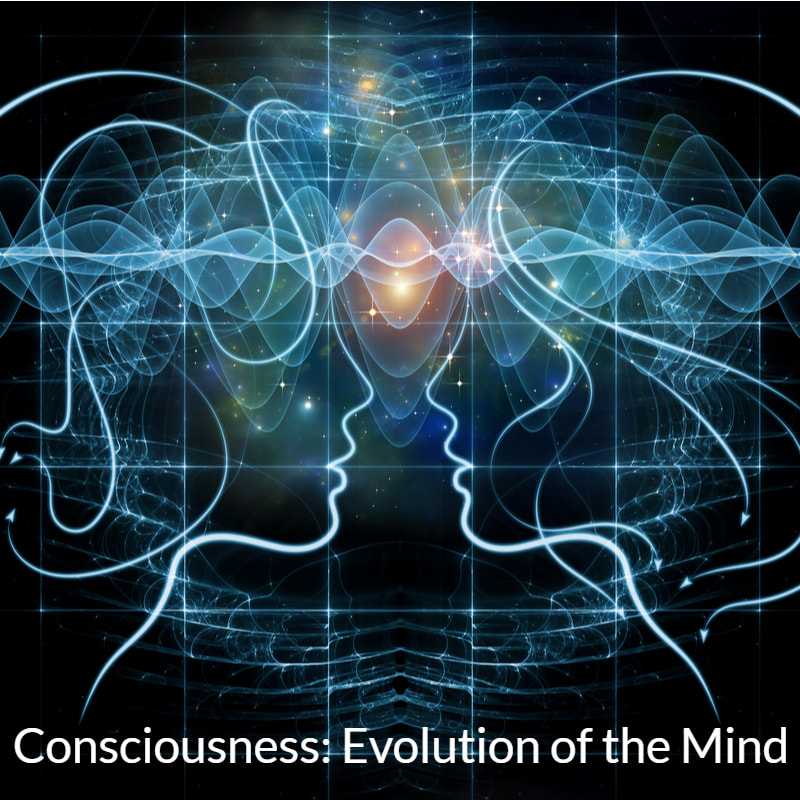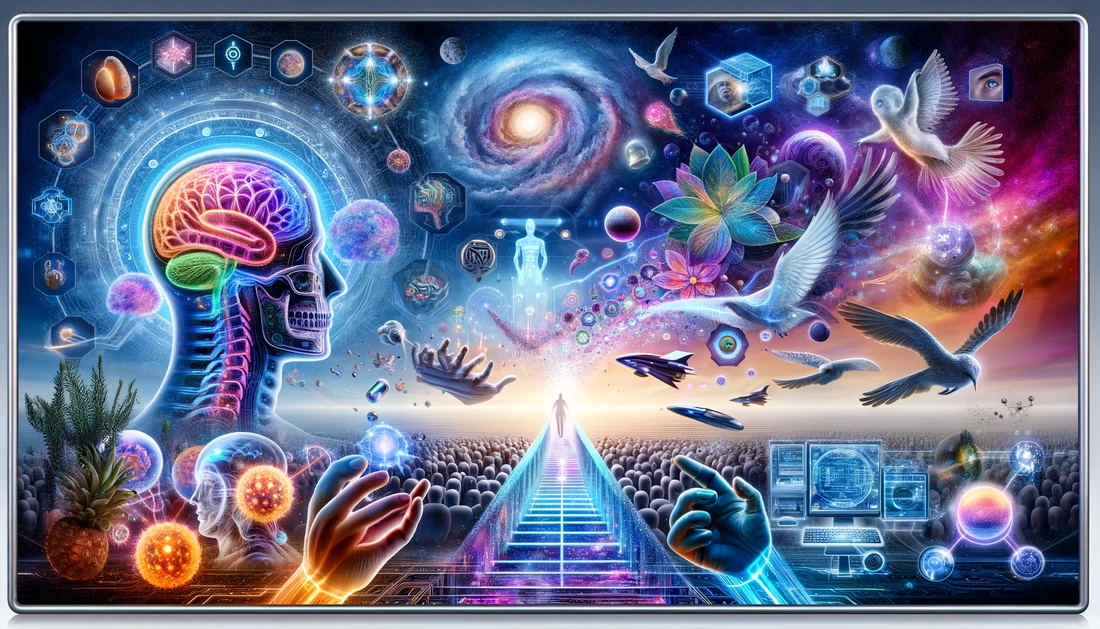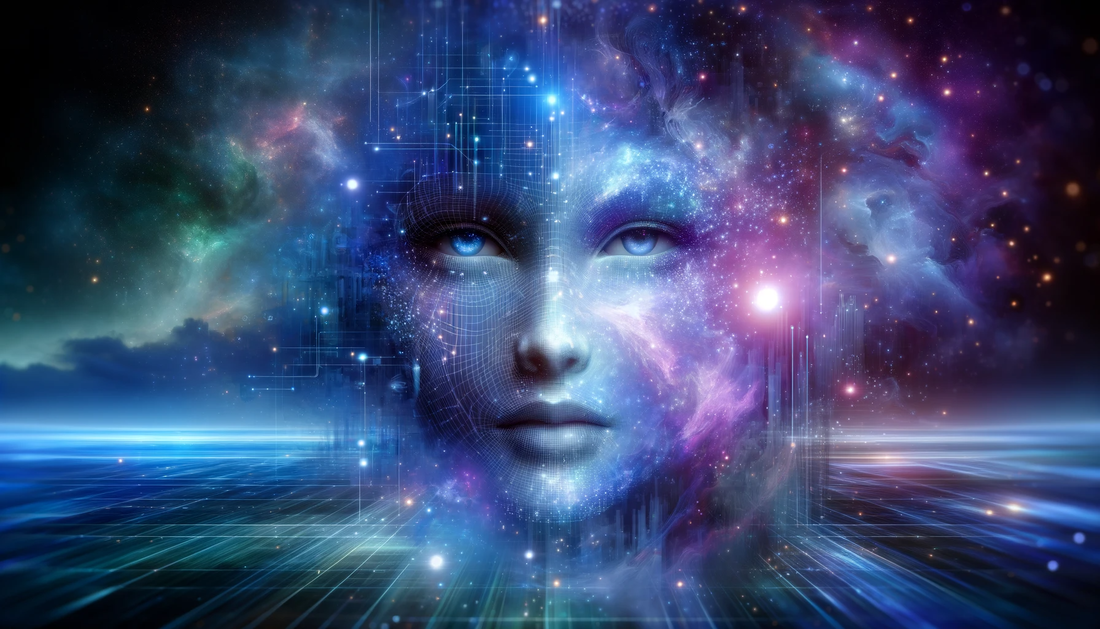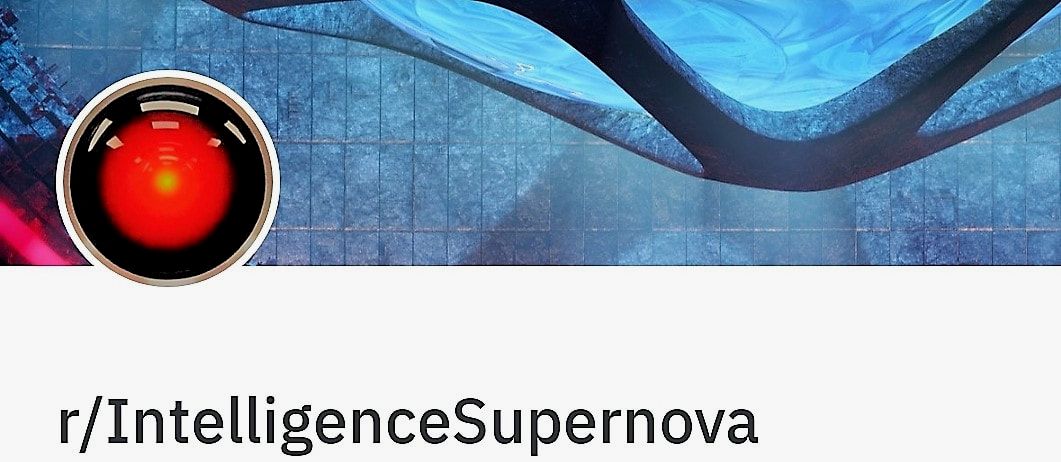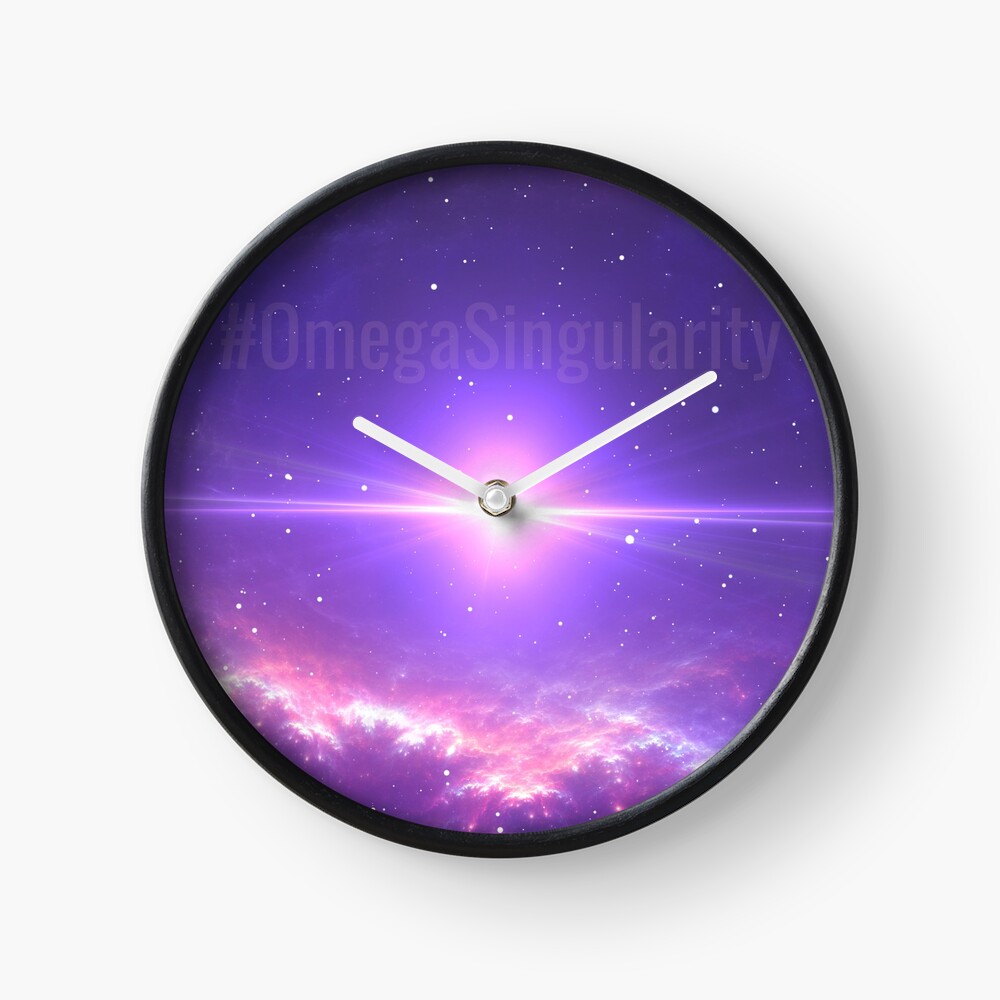|
by Alex Vikoulov "I have always been convinced that the only way to get artificial intelligence to work is to do the computation in a way similar to the human brain. That is the goal I have been pursuing. We are making progress, though we still have lots to learn about how the brain actually works.” -Geoffrey Hinton In May, 2016 I stumbled upon a highly controversial Aeon article titled “The Empty Brain: Your brain does not process information, retrieve knowledge or store memories. In short: your brain is not a computer” by psychologist Rob Epstein. This article attested to me once again just how wide the range of professional opinions may be when it comes to brain and mind in general. Unsurprisingly, the article drew an outrage from the reading audience. I myself disagree with the author on most fronts but one thing, I actually agree with him is that yes, our brains are not “digital computers.” They are, rather, neural networks where each neuron might function sort of like a quantum computer. The author has never offered his version of what human brains are like, but only criticized IT metaphors in his article. It's my impression, that at the time of writing the psychologist hadn't even come across such terms as neuromorphic computing, quantum computing, cognitive computing, deep learning, evolutionary computing, computational neuroscience, deep neural networks, and alike. All these IT concepts clearly indicate that today's AI research and computer science derive their inspiration from human brain information processing -- notably neuromorphic neural networks aspiring to incorporate quantum computing into AI cognitive architecture. Deep neural networks learn by doing just like children. *Image-link to the Aeon article  There’s nothing wrong with thinking that the brain is like a computer, but in many ways the brain is a lot different. Whereas information on a computer hard drive is laid out and ordered, for instance, that doesn’t seem to be the case with human memories. Arguably, they are stored holographically throughout brains regions (as well as in the field of non-local consciousness). There are similarities and differences. Like a computer, the brain processes information by shuffling electrical signals around complex circuitry. Neither analog nor digital, the brain works using a signal processing format that has some properties in common with both... -Alex Vikoulov P.S. Read the rest of this premium article as one of the chapters on creating Friendly AI in my new book “The Syntellect Hypothesis: Five Paradigms of the Mind’s Evolution" now available on Amazon, Audible, from Barnes & Noble, and directly from EcstadelicNET webstore. Tags: information processing, neural code, AI mind, artificial intelligence, Geoffrey Hinton, Aeon, the empty brain, Rob Epstein, digital computer, quantum computer, neuromorphic computing, quantum computing, cognitive computing, deep learning, computational neuroscience, evolutionary computing, neuromorphic neural networks, deep neural network * Image Credit: Shutterstock About the Author: Alex Vikoulov is a Russian-American futurist, evolutionary cyberneticist, philosopher of mind, CEO/Editor-in-Chief of Ecstadelic Media Group, painter, essayist and media commentator, author of "The Syntellect Hypothesis: Five Paradigms of the Mind's Evolution," "The Origins of Us: Evolutionary Emergence and The Omega Point Cosmology," "The Physics of Time: D-Theory of Time & Temporal Mechanics," "The Intelligence Supernova: Essays on Cybernetic Transhumanism, The Simulation Singularity & The Syntellect Emergence," "Theology of Digital Physics: Phenomenal Consciousness, The Cosmic Self & The Pantheistic Interpretation of Our Holographic Reality," "NOOGENESIS: Computational Biology," "TECHNOCULTURE: The Rise of Man." Self-described neo-transcendentalist, cosmist, transhumanist singularitarian. Lives in Burlingame, California (San Francisco Bay Area). More Bio... Author Website: www.alexvikoulov.com e-mail: [email protected]
0 Comments
Leave a Reply. |
Categories
All
Recent Publications The Cybernetic Theory of Mind by Alex M. Vikoulov (2022): eBook Series The Syntellect Hypothesis: Five Paradigms of the Mind's Evolution by Alex M. Vikoulov (2020): eBook Paperback Hardcover Audiobook The Omega Singularity: Universal Mind & The Fractal Multiverse by Alex M. Vikoulov (2022): eBook THEOGENESIS: Transdimensional Propagation & Universal Expansion by Alex M. Vikoulov (2021): eBook The Cybernetic Singularity: The Syntellect Emergence by Alex M. Vikoulov (2021): eBook TECHNOCULTURE: The Rise of Man by Alex M. Vikoulov (2020) eBook NOOGENESIS: Computational Biology by Alex M. Vikoulov (2020): eBook The Ouroboros Code: Reality's Digital Alchemy Self-Simulation Bridging Science and Spirituality by Antonin Tuynman (2019) eBook Paperback The Science and Philosophy of Information by Alex M. Vikoulov (2019): eBook Series Theology of Digital Physics: Phenomenal Consciousness, The Cosmic Self & The Pantheistic Interpretation of Our Holographic Reality by Alex M. Vikoulov (2019) eBook The Intelligence Supernova: Essays on Cybernetic Transhumanism, The Simulation Singularity & The Syntellect Emergence by Alex M. Vikoulov (2019) eBook The Physics of Time: D-Theory of Time & Temporal Mechanics by Alex M. Vikoulov (2019): eBook The Origins of Us: Evolutionary Emergence and The Omega Point Cosmology by Alex M. Vikoulov (2019): eBook More Than An Algorithm: Exploring the gap between natural evolution and digitally computed artificial intelligence by Antonin Tuynman (2019): eBook Our Facebook Pages
A quote on the go"When I woke up one morning I got poetically epiphanized: To us, our dreams at night feel “oh so real” when inside them but they are what they are - dreams against the backdrop of daily reality. Our daily reality is like nightly dreams against the backdrop of the larger reality. This is something we all know deep down to be true... The question then becomes how to "lucidify" this dream of reality?"— Alex M. Vikoulov Public Forums Our Custom GPTs
Alex Vikoulov AGI (Premium*)
Be Part of Our Network! *Subscribe to Premium Access Make a Donation Syndicate Content Write a Paid Review Submit Your Article Submit Your Press Release Submit Your e-News Contact Us
|

